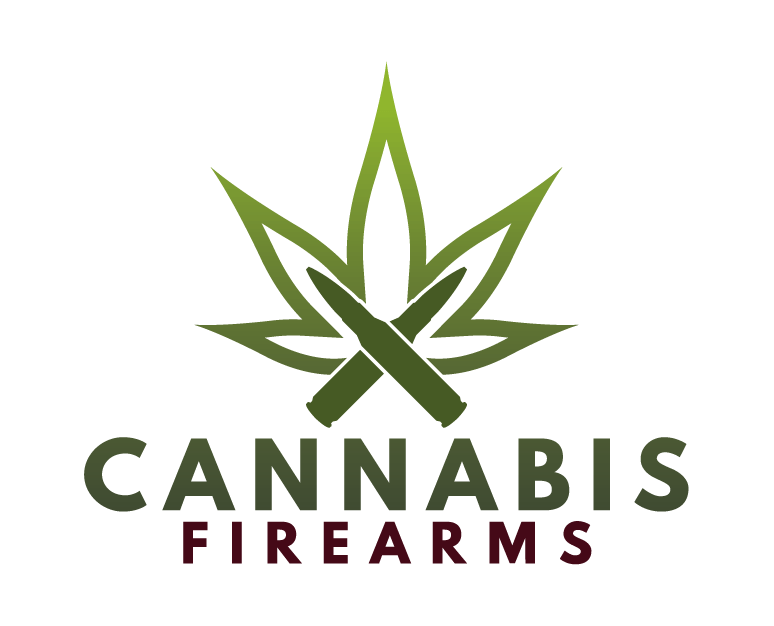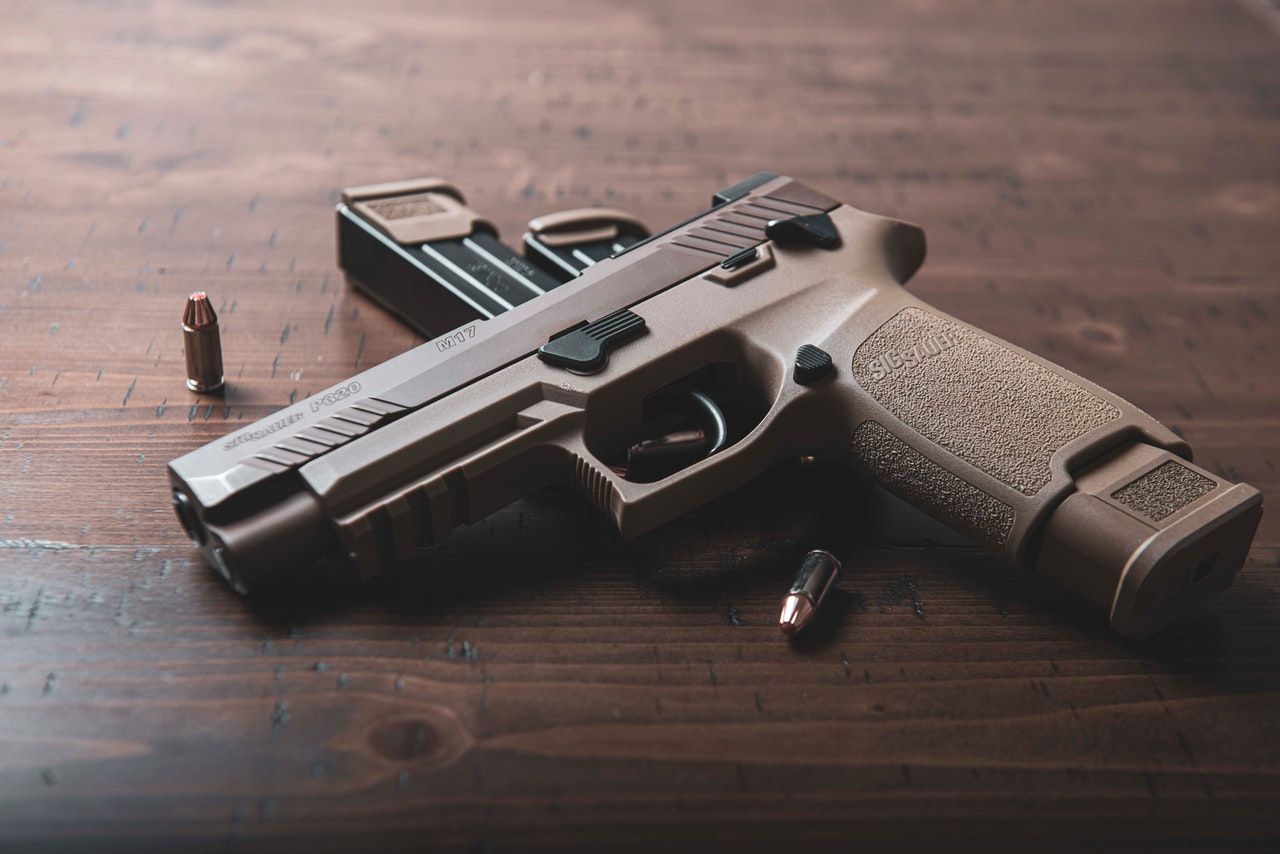Anyone purchasing a firearm from a federally licensed dealer (FFL) must complete ATF Form 4473, a document that screens buyers for eligibility under federal law. One key question—21.f—asks whether the buyer is “an unlawful user of, or addicted to, marijuana or any other controlled substance.” The form clearly states that marijuana remains illegal under federal law, even in states where it’s legal for medical or recreational use.
Federal Law vs. State Legalization
Under 18 U.S.C. § 922(g)(3) of the Gun Control Act, anyone considered an “unlawful user” of a controlled substance is prohibited from owning or purchasing firearms or ammunition. Because cannabis remains a Schedule I drug federally, all users—medical or recreational—fall under that classification. The ATF’s 2011 Open Letter to firearm dealers instructs that a state medical marijuana card is “reasonable cause to believe” the individual is prohibited from firearm possession.
Answering “Yes” or “No”
If you answer “Yes” to cannabis use on Form 4473, the transaction must stop immediately. You are considered federally prohibited from purchasing or receiving a firearm.
If you answer “No” while using cannabis, you risk serious legal consequences. Making a false statement on Form 4473 violates 18 U.S.C. § 922(a)(6) and § 924(a)(1)(A), punishable by fines and up to 10 years in prison. The Bureau of Alcohol, Tobacco, Firearms, and Explosives (ATF) has successfully prosecuted individuals for lying about cannabis use on the form.
Court Challenges and Evolving Precedent
Recent court decisions have started questioning this long-standing federal prohibition. In United States v. Daniels (2023), the Fifth Circuit Court ruled that banning marijuana users from owning firearms violated the Second Amendment as applied to that specific case. However, that decision only applies within the Fifth Circuit (Texas, Louisiana, Mississippi) and has not overturned the national standard. Most other courts continue to uphold § 922(g)(3), leaving the rule in place for the rest of the country.
Until the Supreme Court or Congress acts, FFLs must follow existing federal law, meaning cannabis use still disqualifies individuals from purchasing firearms—even in fully legal states like Colorado or California.
Will Rescheduling Change Things?
The Department of Justice’s 2024 proposal to move marijuana from Schedule I to Schedule III under the Controlled Substances Act has raised public questions about firearm eligibility. However, even Schedule III substances remain “controlled,” and § 922(g)(3) applies to users of any controlled substance obtained unlawfully. Unless Congress passes a new law explicitly legalizing cannabis at the federal level, rescheduling alone won’t change the firearm purchase restrictions.
What Consumers Should Know
- Be truthful: Lying on Form 4473 is a felony offense with severe penalties.
- Medical cardholders are not exempt: State-issued cards do not provide federal protection.
- Occasional users: Courts look for a “temporal nexus” between cannabis use and firearm possession, but interpretations vary by jurisdiction.
- Federal vs. state law conflict: Even if you’re following your state’s cannabis laws, federal law still classifies you as an unlawful user.
- Seek legal advice: If you use cannabis and want to own or buy a firearm, consult a firearms or criminal-defense attorney familiar with both state and federal law.
Final Note
Until federal reform occurs, cannabis consumers—whether medical patients or recreational users—must answer “Yes” on ATF Form 4473 question 21.f. Doing so will prevent a firearm purchase, but answering falsely risks federal felony charges. The law remains clear: state cannabis legalization does not override federal firearm restrictions.

